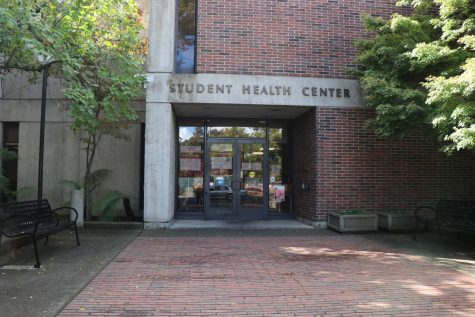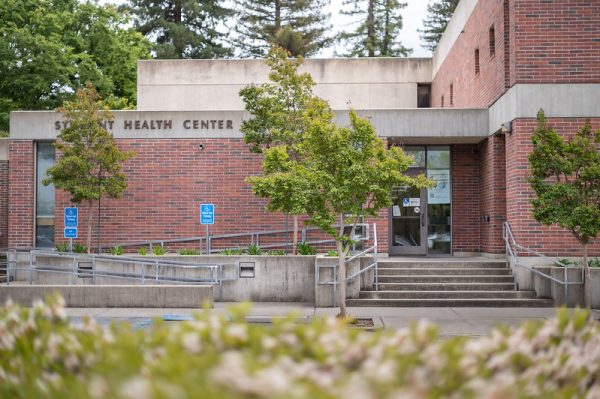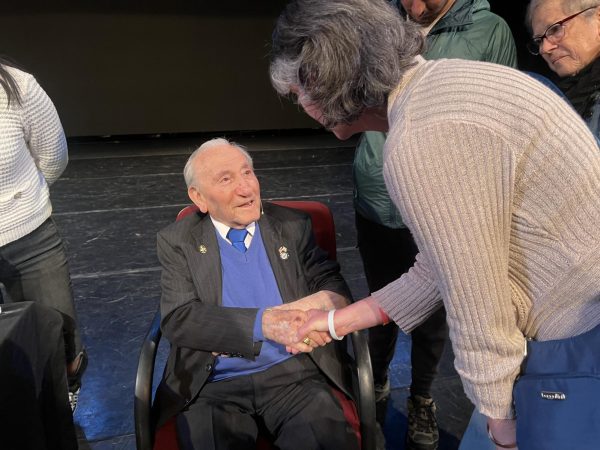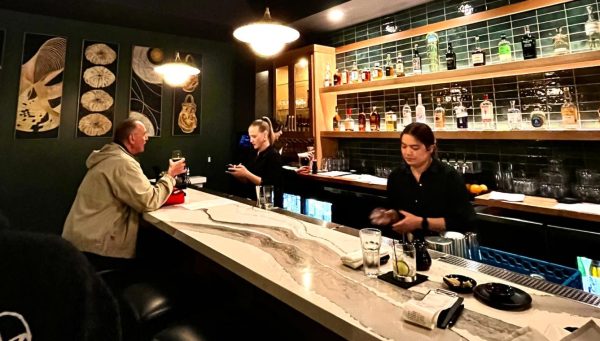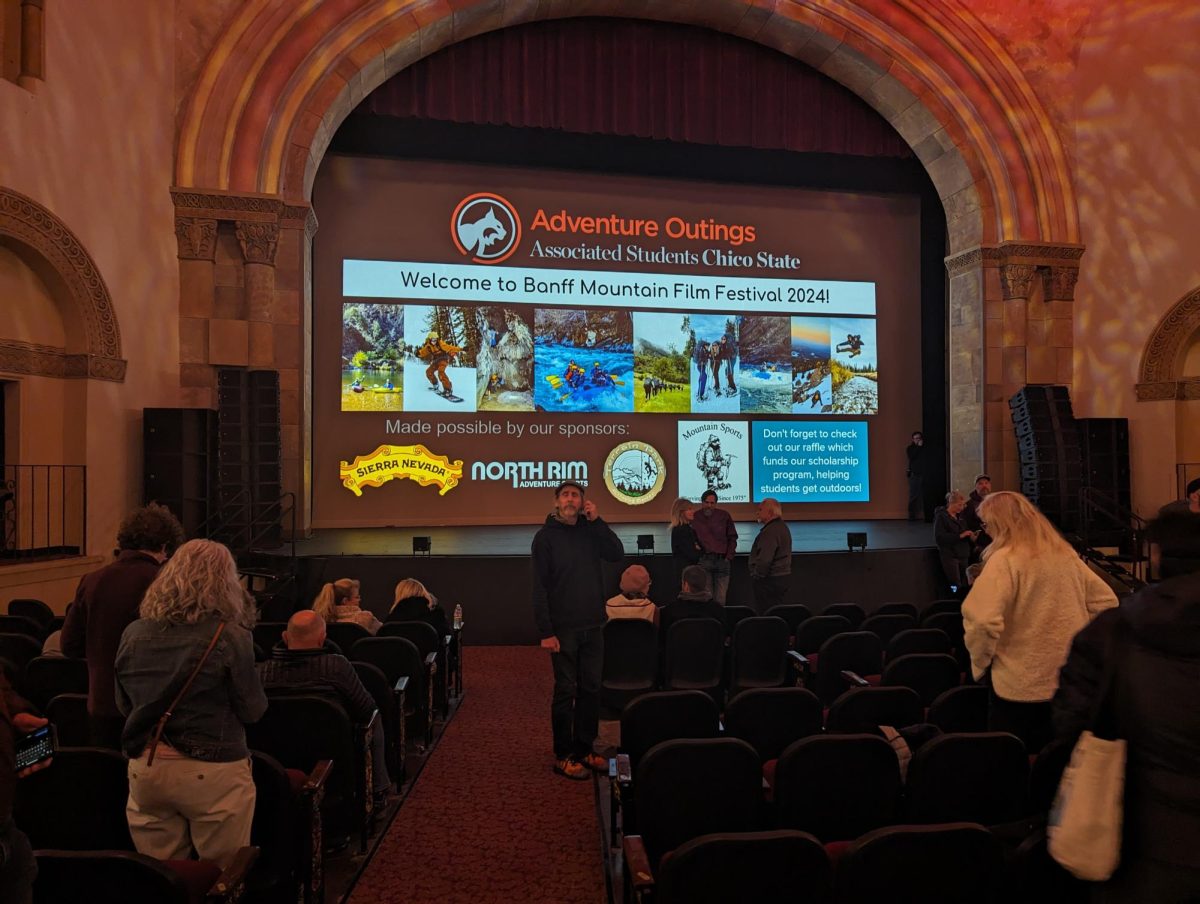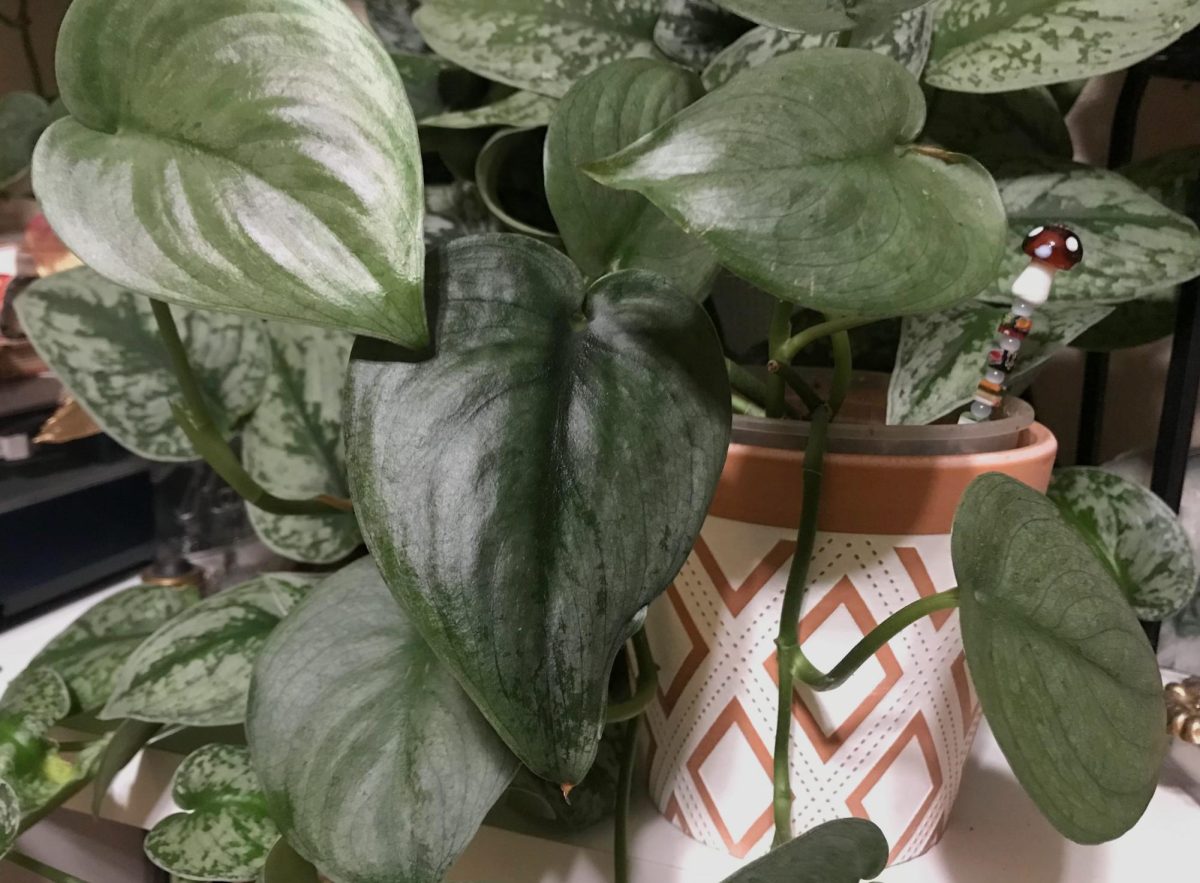
Psychedelics are on the way into the arsenal of pills psychiatrists use to quell restless minds.
MDMA and LSD are being used in research studies to determine their effectiveness in relieving mental disorders like post-traumatic stress disorder and chronic anxiety.
It’s about time. This is a step in the right direction for the mental health climate in America.
It seems that these drugs do things that others can’t. So far the results are promising.
Patients who had little success with other methods of treatment have been able to confront painful memories in therapy using the assistance of these chemicals.
Terminally ill cancer patients who partook in an LSD research study reported lower levels of anxiety well after the experience.
For those diagnosed with PTSD, MDMA could help reset the emotional foundation for healthy relationships by releasing hormones that facilitate trust and bonding.
This is no surprise. Doctors have long acknowledged the potential benefit of drugs like these.
Despite zealous D.A.R.E. campaigns and graphic tales of the brain-gouging caused by these kinds of drugs, many of our generation will attest to their consciousness-altering potential.
“I felt spirit for the first time — I felt connected to everything,” said my friend after recently trying MDMA for the first time.
Such testimonials aren’t uncommon. They echo the sentiment of an older generation, a reminder of the counterculture and a willingness to break the mold of conformity in the name of some greater abstracted unity.
Yet it’s precisely these kinds of associations that doctors want to avoid in order to mainstream these technologies.
If LSD and MDMA are going to move from hippie-dippie party favors to become tools of therapy, there will need to be vast documentation of the gains to be had.
Proponents can expect a bureaucratic labyrinth, thickets of regulation to overcome and a showdown with the social stigma these treatments carry.
More research into these substances will yield more conclusive data about the risks involved with each.
But there’s redeeming value even in “bad trips.” Psychic distress is valuable for therapy.
These cases show the quiet momentum of marginalized medicines that our government has tried to quash in the past.
The psychedelic renaissance may not take place overnight, but I think it has begun.
Kevin Crittenden can be reached at [email protected] or @kevlodius on Twitter.
